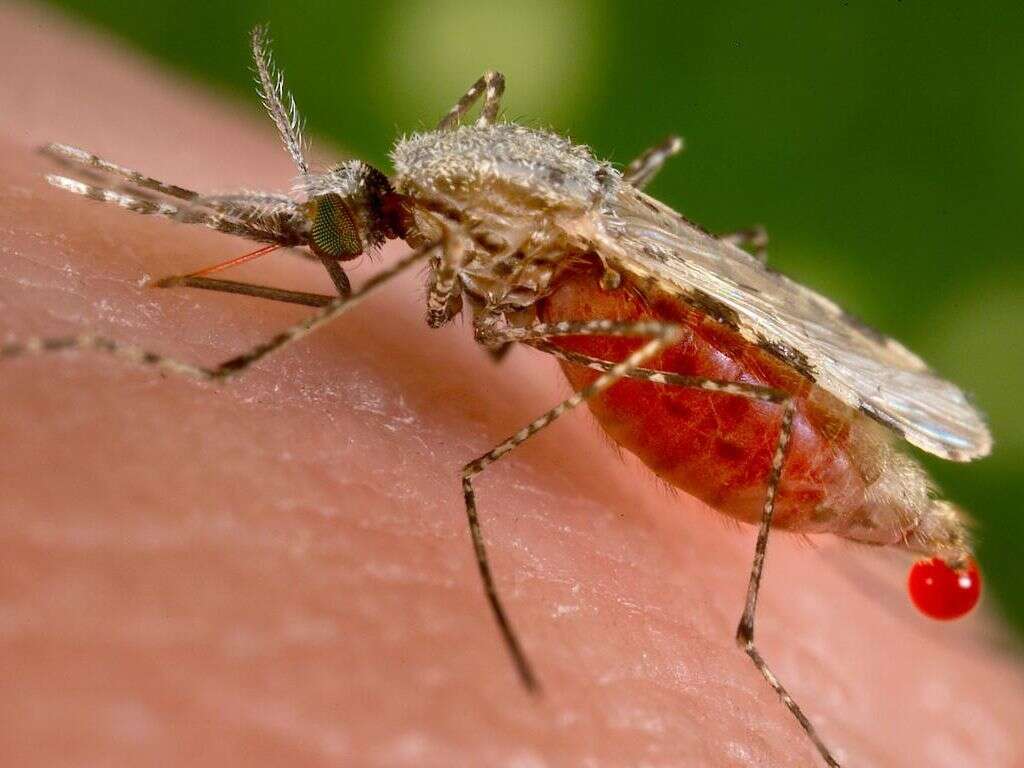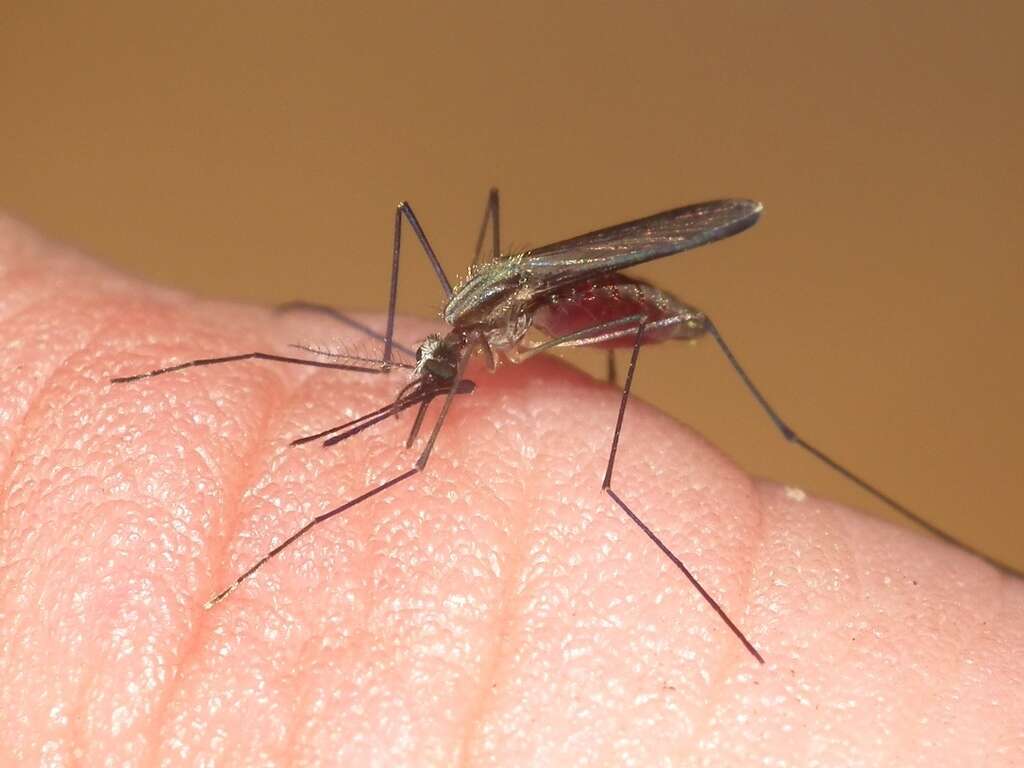10 Symptoms of Hookworms in Humans
 Article Sources
Article Sources
- 1. 'Creeping Eruption.' Johns Hopkins Medicine, www.hopkinsmedicine.org/health/conditions-and-diseases/creeping-eruption
- 2. Wei, Kun-Yan, et al. 'Hookworm Infection: A Neglected Cause of Overt Obscure Gastrointestinal Bleeding.' The Korean Journal of Parasitology, The Korean Society for Parasitology and Tropical Medicine, Aug. 2017, www.ncbi.nlm.nih.gov/pmc/articles/PMC5594735
- 3. 'CDC - Hookworm - Disease.' Centers for Disease Control and Prevention, Centers for Disease Control and Prevention, 10 Jan. 2013, www.cdc.gov/parasites/hookworm/disease.html
- 4. Texas Department of State Health Services. 'Hookworm.' Texas Department of State Health Services, www.dshs.texas.gov/IDCU/disease/Hookworm.aspx
- 5. 'Hookworm Infection: MedlinePlus Medical Encyclopedia.' MedlinePlus, U.S. National Library of Medicine, medlineplus.gov/ency/article/000629.htm
Gastrointestinal Pain
If the infection isn't controlled during the rash phase, some individuals might experience painful symptoms throughout the body. This generally happens when the parasite load increases. One of the most commonly reported symptoms by adults with hookworms is abdominal pain.
Types of gastrointestinal symptoms caused by hookworms can include cramping stomach pain, feeling bloated, vomiting, nausea and diarrhea. To get rid of the infection, individuals might require strong medication or removal of the parasites via endoscopy.
Advertisement











